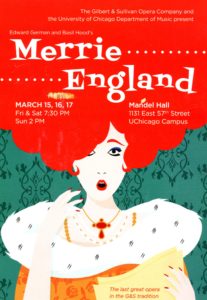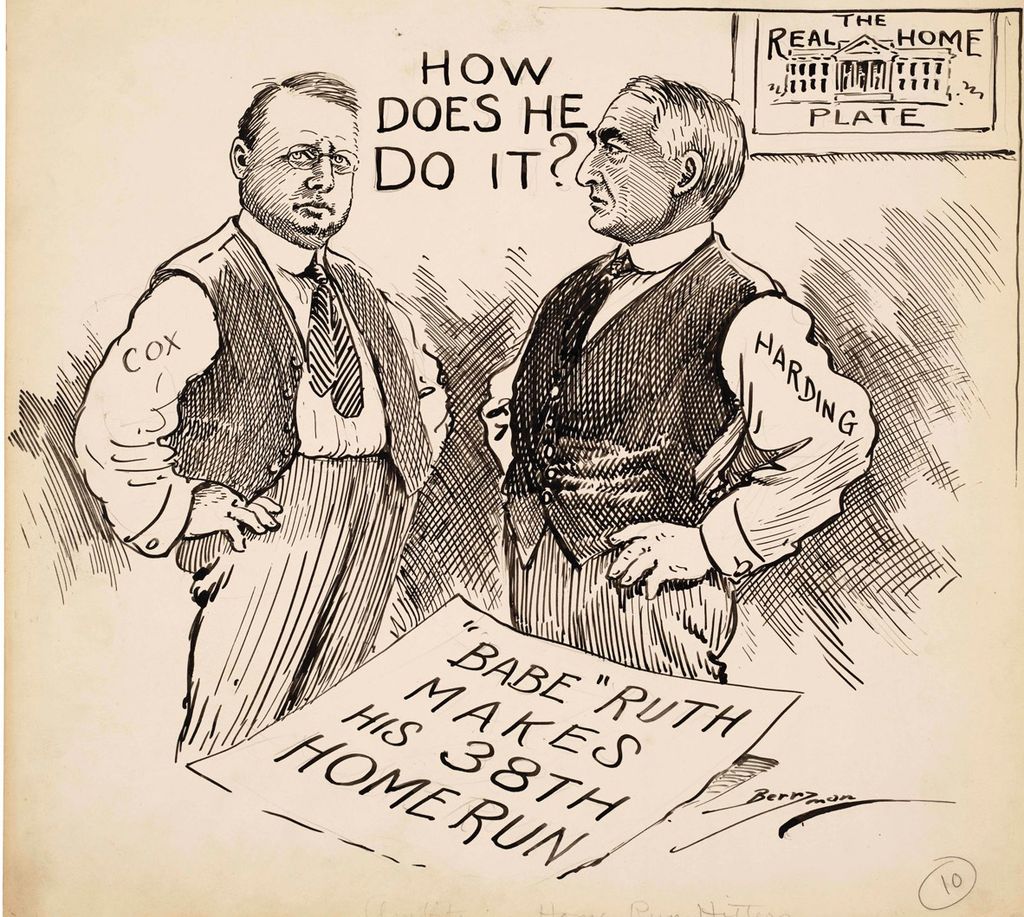News I missed, and I miss a fair amount, which I figure is actually healthy: “For the second time in history, a human-made object has reached the space between the stars,” a NASA press release from December says.
“NASA’s Voyager 2 probe now has exited the heliosphere — the protective bubble of particles and magnetic fields created by the Sun…
“Its twin, Voyager 1, crossed this boundary in 2012, but Voyager 2 carries a working instrument that will provide first-of-its-kind observations of the nature of this gateway into interstellar space.”
Voyager 2 is now slightly more than 11 billion miles (18 billion kilometers) from Earth. Or 16.5 light hours. That’s still in the Solar System, though. “It will take about 300 years for Voyager 2 to reach the inner edge of the Oort Cloud and possibly 30,000 years to fly beyond it,” NASA says.
Not long ago, the original Godzilla — Gojira, to be pedantic — appeared on TV, in Japanese with subtitles. Not that the famed atomic beast needs any subtitles. I had my camera handy.
 I didn’t watch it all, but that’s one way to approach televised movies. Not long ago, I watched the first 15 minutes or so of The Sting, a fine movie I’ve seen a few times all the way through. But other tasks were at hand, so I quit after Luther is murdered.
I didn’t watch it all, but that’s one way to approach televised movies. Not long ago, I watched the first 15 minutes or so of The Sting, a fine movie I’ve seen a few times all the way through. But other tasks were at hand, so I quit after Luther is murdered.
Later, I had the presence of mind to turn the TV back on and watch the last 10 minutes or so, when the sting is put on gangster Doyle Lonnegan. It’s a satisfying ending, but it got me to thinking.
A con with that many people would surely generate rumors. Just as surely, the rumors would make their way to the murderous Lonnegan, who wouldn’t rest until Henry Gondorff and Johnny Hooker were dead. But that’s overthinking things.
Here’s another example of a dim algorithm. Just about every time I use YouTube, I see anti-teen smoking PSAs. Or maybe they’re blanketing the medium, regardless of audience. Still, if I didn’t take up smoking 45 years ago, I’m not going to now.
That brings to mind the first time I remember seeing one of my contemporaries with a cigarette. That was about 45 years ago at a place called the Mule Stall.
The Mule Stall was a student space on the campus of my high school with a few rooms, chairs, a pool table and I don’t remember what else. It was tucked away about as far as you could get from the rest of the school, opening up to the street behind the school.
High schoolers used it, but junior high kids from the district had gatherings there occasionally as well. The event I remember might have been the wrap party for one of the plays I was in. Besides not acquiring a taste for smoking back then, I also discovered the theater wasn’t for me, except as an audience member. But ca. 1974, as a junior high school student, I did a few plays.
There we were, hanging out at the Mule Stall, when we noticed a girl named Debbie, who was in our class, pass by with a cigarette between her fingers. I didn’t know her that well, and I don’t remember much about her now, though she had curly hair, glasses and the sort of development adolescent boys pay attention to. At that moment, I guess she was on her way out to smoke the thing, though we didn’t see that.
I don’t know anything about her later life. She attended high school with us for a while, but either moved away or dropped out before the Class of ’79 graduated. I wonder if even now, she holds her cigs in yellow-stained fingers and spends part of the night coughing.
As for the Mule Stall, we had occasional high school band parties there later. One in particular involved almost everyone lining up to dance to the “Cotton-Eyed Joe.” That was fun. As Wiki accurately says, the dance was very much alive in Texas in the 1970s.
In fact, the Wiki entry has a description of the style of dance we did. Someone who did the dance seems to have written it, because this is exactly right.
“This dance was adapted into a simplified version as a nonpartner waist-hold, spoke line routine. Heel and toe polka steps were replaced with a cross-lift followed by a kick with two-steps. The lift and kick are sometimes accompanied by shouts of ‘whoops, whoops,’ or the barnyard term ‘bull s–t.’… The practice continues to this day.”
We used the barnyard term. An administration with no sense of history apparently razed the Mule Stall in the 1990s. Now the site is parking.
 The mirrors inside the cube deliver an image of the sky to — in — at — the square window — hole — aperture — on the side. It’s a little unnerving to sit there and look at it, but also hard to turn away.
The mirrors inside the cube deliver an image of the sky to — in — at — the square window — hole — aperture — on the side. It’s a little unnerving to sit there and look at it, but also hard to turn away. Stand next to the “window” and you can get a self-portrait in the sky. Got a surreal tinge to it.
Stand next to the “window” and you can get a self-portrait in the sky. Got a surreal tinge to it. The view might be even more interesting on one of those days when rafts of clouds are speeding along at high altitudes.
The view might be even more interesting on one of those days when rafts of clouds are speeding along at high altitudes. That’s the western-facing side of the side, covered by stickers from all over, with many European in origin. Shortly before I took my picture, a group of Germans were doing the same. Must be in their Reiseführer von Amerika. And what does the Meat Bunny know?
That’s the western-facing side of the side, covered by stickers from all over, with many European in origin. Shortly before I took my picture, a group of Germans were doing the same. Must be in their Reiseführer von Amerika. And what does the Meat Bunny know? Leaving only this fellow and his selfie stick.
Leaving only this fellow and his selfie stick.








